Tel.: 678-510-6376
info@gtu.university
2245 Dillard St - Tucker, GA 30084 EE. UU.


Georgia Theological University is legally registered in the State of Georgia and Florida.
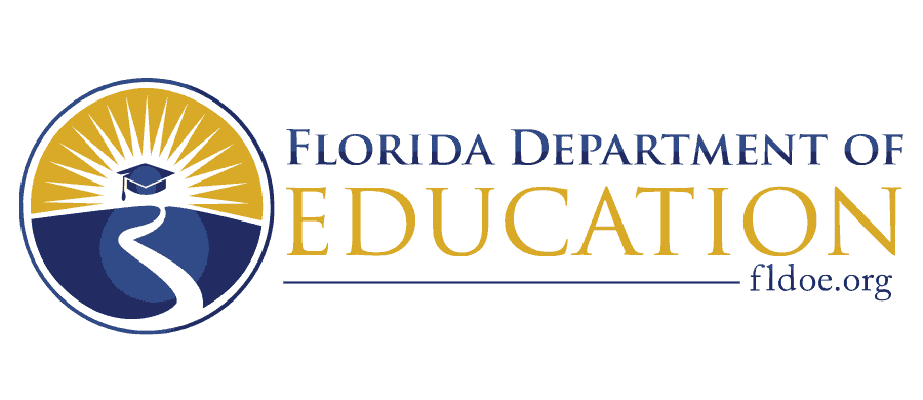
THE COMMISSION FOR INDEPENDET EDUCATION
The Commission for Independent Education, an agency of the Florida Department of Education, has legal jurisdiction in matters related to private education, higher education and other educational institutions. Under this Commission, religious institutions that meet the requirements detailed in Section 1005.06(1)(f) of Florida Statutes and Rules 6E-5.001, Florida Administrative Code are not under the jurisdiction or jurisdiction of the Independent Education Commission and are not required to obtain a license. Georgia Theological University as a private, religious, higher education institution is exempt from state licensing.
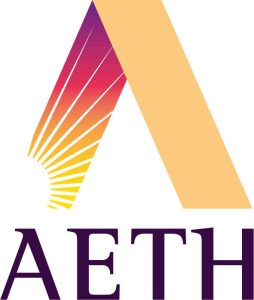
Asociación para la Educación Teológica Hispana (AETH).
Es una red de personas e instituciones que desde 1992, trabaja en Estados Unidos, Canadá, Puerto Rico, y más recientemente en América Latina y el Caribe.
Se dedica a la promoción y la mejora de la educación teológica y su impacto en las vidas de personas, iglesias y comunidades.
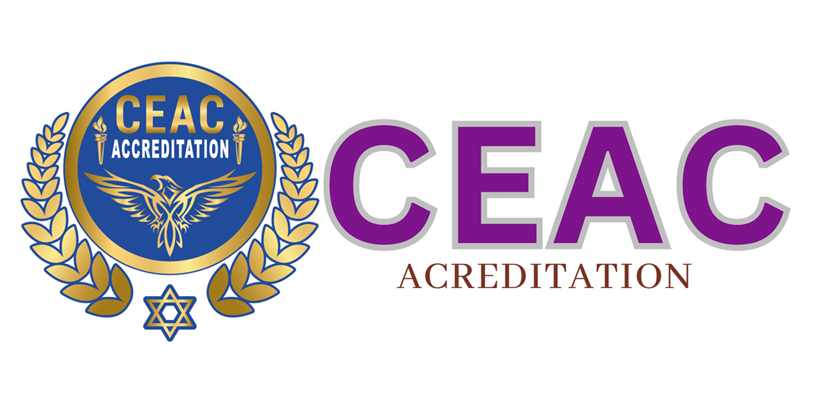
EDUCATION ACCREDITING COMMISSION / CEAC Accreditation
CEAC Accreditation is an Independent Accreditation Agency Registered in Puerto Rico as International Accreditation, it is a global accreditation with high standards to support independent educational organizations based in different countries inside and outside the United States.
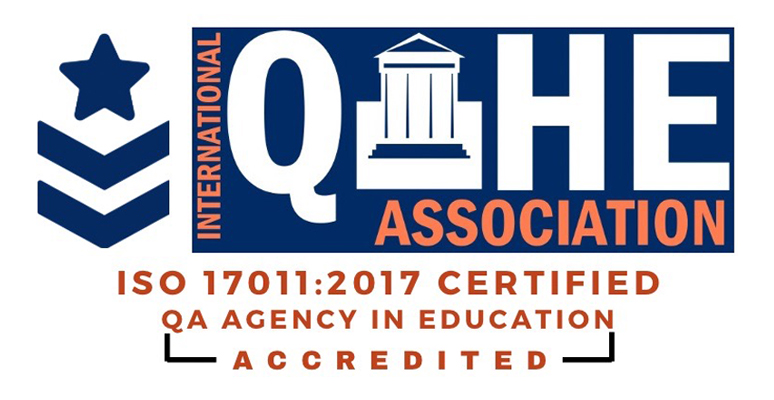
Quality Assurance in Higher Education (QAHE)
Georgia Theological University (UTG) has received full accreditation from the International Association for Quality Assurance in Pretertiary and Higher Education (QAHE).
QAHE accreditation underscores UTG’s unwavering commitment to providing exceptional education that adheres to international standards of excellence and rigorous quality benchmarks. QAHE, a globally recognized accreditation organization, rigorously evaluates educational institutions to ensure they maintain the highest levels of academic integrity, ethical conduct, and professional practices. UTG has met all of QAHE’s strict criteria, a testament to its dedication to providing an outstanding education to students around the world.
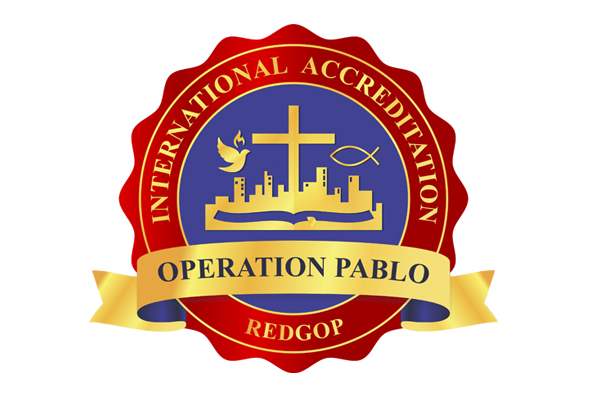
ACCREDITATION INTERNATIONAL REDGOP
REDGOP is the Accreditation seal of the Global Network of Operation Pablo Ministries, International Accreditation Organization for Christian institutions and Ministers of the gospel, REDGOP as an Accreditation Body has offices in North America, South America, Africa and Spain.
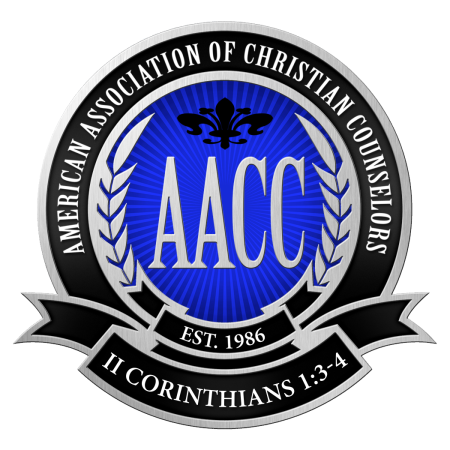
American Association of Christian Counselors (AACC)
Georgia Theological University, es miembro de la Asociación Americana de Consejeros Cristianos. American Association of Christian Counselors (AACC) AACC, se ha convertido en la principal organización de asesores para profesionales, pastores, ministros y laicos. Cerca de 50.000 miembros han encontrado un lugar para la “afiliación profesional” y un “lugar de pertenencia” – una organización que ofrece apoyo, la educación, los recursos y el estímulo, y se esfuerza por ser práctico, bíblicamente-basado y clínicamente excelente.

Theological University of Georgia receives AQS ISO 29990 certification.
January 30, 2024.
The Theological University of Georgia (UTG), an accredited institution, is pleased to announce that it has received AQS ISO 29990 certification for its Learning Services Management System (LSMS). This esteemed certification recognizes UTG’s commitment to providing exceptional educational services and meeting international quality standards.
AQS ISO 29990 certification validates UTG’s dedication to providing high-quality learning experiences and ensuring student success. UTG’s LSMS has undergone extensive evaluation, confirming its compliance with the requirements outlined in ISO 29990:2010. This certification further strengthens UTG’s position as an accredited institution in the field of theological education.
Our agreements and accreditations are 100% Vocational, Ministerial and Ecclesiastical to practice in the Body of Christ. It is legitimate and reasonable to affirm that an institution can have a quality program without any accreditation. Accreditation does not establish the excellence of an institution, nor does a Bachelor of Arts guarantee a person an educated or cultivated mind. The many facets of excellence result from an appropriate combination and dedication to learning on the part of faculty and students. In addition to having sufficient financial resources to support the project and administrators to supervise the procedure to achieve the goals and objectives.
UTG does not yet have secular regional accreditation but Ministerial Accreditations, since the current objective and mission satisfy the mission of being able to bring ministerial education to the ends of the earth. The cost of a regional accreditation exceeds the true benefit to our students who would otherwise be impossible to serve. So we make it clear that Georgia Theological University’s Accreditations are Vocational, Ministerial and Ecclesiastical in nature.
Our purpose is to prepare students for religious vocations as ministers and lay people in the theology category. We do not offer secular studies in mathematics or science. Because of this, UTG is NOT accredited by the accrediting agency approved by the Council on Education for Higher Education Accreditation (CHEA) of the United States Department of Education.
Georgia Theological University (GTU) is a private institution incorporated in the state of Florida and is legally authorized by the Florida State Board of Independent Colleges and Universities (SBICU) with a religious exemption authority to offer degree programs that are designed solely for religious vocations as ministers, professionals, or laypersons in the categories of ministry, counseling, theology, education, administration, music, fine arts, media communications, business, management or social work.
Georgia Theological University (GTU) makes no claims, implied or otherwise, that our educational programs, courses, or curricula are the same as those offered by secular state colleges and universities.
Georgia Theological University (GTU) desires to remain separate and thereby maintain our religious prerogatives and freedom to compose courses and design degree programs that are in accordance with our Biblical convictions and beliefs.
Georgia Theological University (GTU) is not affiliated with the State of Florida or the U.S. Department of Education. Credits and Degrees earned at Georgia Theological University (GTU) are for those in Christian service.
At Georgia Theological University, we want to provide clarity regarding an important aspect of tax reporting for our students. We wish to inform you that students enrolled at Georgia Theological University will not receive a 1098-T form from our institution.
Why You Will Not Receive a 1098-T Form from GTU:
Georgia Theological University does not issue 1098-T forms for the following reasons:
1. Non-Qualified Tuition and Related Expenses: Our institution does not have “qualified tuition and related expenses” as defined by the IRS for tax reporting purposes. As such, we are not required to issue 1098-T forms.
2. Non-Participation in Federal Financial Aid Programs: GTU does not participate in the Federal Title IV financial aid program, including PELL Grants and Federal Student Loans. The expenses incurred by students at GTU are generally not eligible for education tax credits.
3. Consult Your Tax Professional: To determine your eligibility for education tax credits, deductions, or other tax benefits related to your educational expenses, we recommend that you consult with a qualified tax professional. They can guide you through the tax filing process and help you make the most informed decisions regarding your individual tax situation.
WhatsApp us